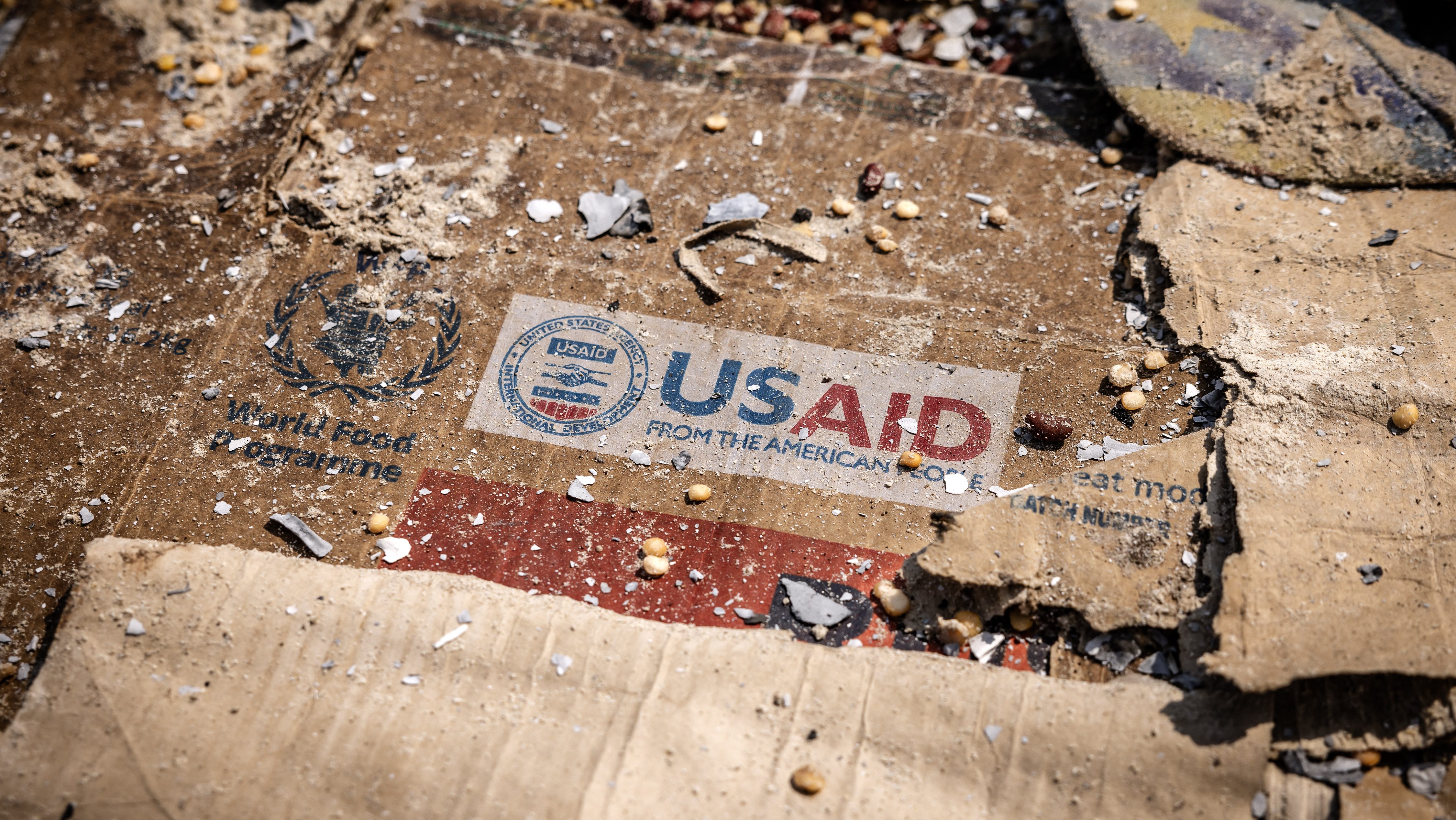In this clip from Liz Garbus’ new documentary, we get a sense of the tenuous balance between Fischer’s genius and his madness
It’s hard to believe that Liz Garbus’ new film, “Bobby Fischer Against The World,” which is showing as part of the Doc Premieres at Sundance before heading to HBO in July, is the first feature-length documentary about the mercurial chess master.
“I think that a full retelling of his life with many of the players coming forward to talk had to happen posthumously,” Garbus told PopcornBiz. “Bobby was so private and a lot of people close to him just didn’t feel comfortable talking about stories that were really part of our collective history, even while he was alive.”
By the age of 14, Fischer had become the U.S. champ, a title he would win eight times in nine years. In 1972 he headed off the Reykjavik, Iceland, to challenge Russian Boris Spassky for the world title. Fischer took preparation for the showdown so seriously that he retreated to the Catskills to train with an Olympic strength and conditioning coach, and he was accompanied by Life magazine photographer Harry Benson.
“He had that kind of rock star charisma that I think Harry Benson’s photographs captured so well,” notes Garbus.
A collection of some of Benson’s never before seen photos of Fischer will actually be on exhibit at the Thomas Kearns McCarthey Gallery in Park City, beginning right after the film’s world premiere on Jan. 21. And if you’re interested in getting beaten like a rented mule by one of today’s grandmasters, there will be a few setting up shop around town as well. A "Grandmaster Chess Station" has been set up in the middle of Park City, and they are taking on all comers.
While winning the crown was unquestionably a turning point for Fischer, Garbus thinks Fischer’s abdication of his title in 1975 was the real bellwether.
“I think the beginning of the end was when he refuses to defend his title against Karpov, three years after the victory over Spassky. To me that’s when he really sort saying, “I’m done—I’m out.” I do believe if one’s entire psychology, to the exclusion of social relationships, of family relationships, of other sports or intellectual pursuits. —Is focused around this one thing. And then you’re reached the pinnacle of your dreams.”
Fischer was out of money by 1992, leaving him with no choice but to play an exhibition rematch against Spassky in Yugoslavia. But the games were in violation of U.S. sanctions imposed as a result of the war there, and so the State Department indicted him—for playing chess—but didn’t pursue the issue. At least not until 2001, when Fischer very publicly expressed glee over the attacks on the U.S. on 9/11.
U.S. & World
“He was an American hero, he represented the western world against the soviets he was a real cold warrior, and there he was saying this stuff about the United States and thumbing his nose at them… I think, yes, after 2001, when he says those things, it was punishment for him,” opined Garbus, who noted that there were people openly selling arms in Yugoslavia without drawing the State Department’s ire.
Fischer would ultimately seek refuge in 2005 in Iceland, where he remains a national hero despite how poorly he spoke of the place in '72.
“Bobby Fischer is a hero in Iceland to this day. It’s unbelievable. Iceland is a relatively small country; their relationship to chess is sacrosanct. They have more chess masters per square mile than any other country in the world. Bobby Fischer put them on the map, he came there even though he disrespected their country, with small comments here and there, they didn’t have good enough infrastructure, he did play there. The whole world watched Iceland at that moment. He was a huge part of their history. In a lot of ways, he’s the most famous Icelander, even tough he wasn’t in fact Icelandic until the end of his life.”



